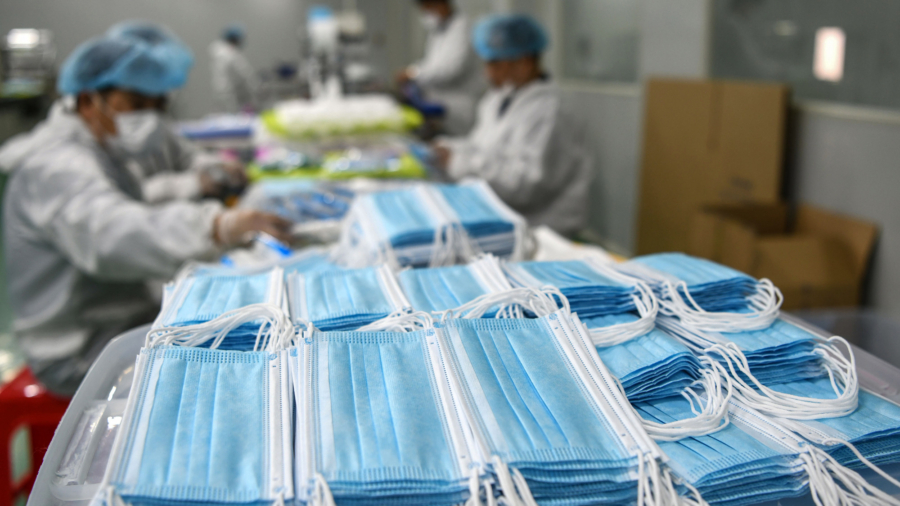A study conducted by Mass General Brigham (MGB) published on July 14 indicated that there is a relationship between wearing masks and COVID-19 prevention.
According to the study, which was conducted from March 1 to April 30, the wearing of masks by both health workers and patients highly decreased the number of infections.
“Universal masking at MGB was associated with a significantly lower rate of SARS-CoV-2 positivity among [health care workers (HCWs)],” the study stated.
“Hopefully, this will help convince people who have been skeptical or on the fence about masking and push them over to what many had already adopted on the basis of common sense and the basis of history,” said Deepak Bhatt, the executive director of interventional cardiovascular programs at Brigham and Women’s’ Hospital, according to WCVB.
The study started in March after MGB’s review board approved it. Because the virus has affected so many HCWs, the hospital started testing health workers and trying to implement preventive measures to decrease the number of infections and prevent the spread of the disease.
There were a total of 9,850 HCWs tested during the study.
“In March 2020, MGB implemented a multipronged infection reduction strategy involving systematic testing of symptomatic HCWs and universal masking of all HCWs and patients with surgical masks,” the study indicated.
There were three different phases between March 1 to April 30—one of which was a period before the implementation of universal masking. This ran from March 1 to 24.
Following that, the implementation of universal masks for patients began, from March 25 to April 5. The time between April 6 and 10 acted as a period to allow for symptoms to manifest, and after that came an intervention period.
Of the 9,850 tested during the study, 1,271 tested positive for the virus.
During the phase which was considered the pre-intervention period (when masks were not implemented), the study found that the rate of positive testing for the virus went from 0 percent to 21.32 percent. In the subsequent intervention period, the study found that the rate of positive tests for the virus decreased from 14.65 percent to 11.46 percent.
The study also indicated that although universal masking does help slow or prevent the spread of the virus, there could also be other factors at play.
“The decrease in HCW infections could be confounded by other interventions inside and outside of the health care system, such as restrictions on elective procedures, social distancing measures, and increased masking in public areas, which are limitations of this study,” the authors said.


